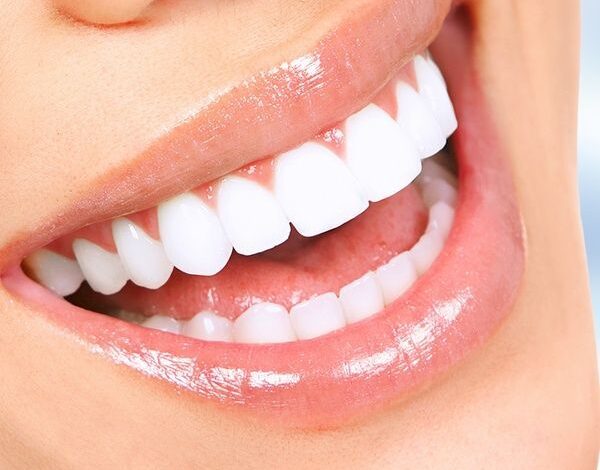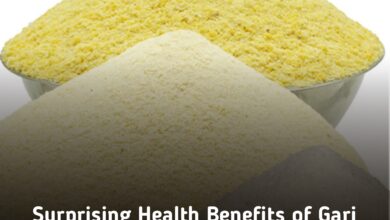
Maintaining white and healthy teeth contributes not only to your appearance but also to your overall oral health. While professional dental care is essential, there are several major home remedies that can help keep your teeth white and healthy. Here are ten of them:
1. Baking Soda and Hydrogen Peroxide:
Baking soda has natural whitening properties, while hydrogen peroxide is a mild bleaching agent. Together, they form a powerful combination for removing surface stains and brightening your smile. Create a paste by mixing baking soda with a small amount of hydrogen peroxide. Brush your teeth with this paste gently, then rinse thoroughly. However, use this remedy sparingly as excessive use can wear down tooth enamel.
2. Oil Pulling:
Oil pulling is an ancient practice that involves swishing oil around in your mouth to remove bacteria, promote oral hygiene, and potentially whiten teeth. Swish one tablespoon of coconut oil or sesame oil in your mouth for about 15-20 minutes, then spit it out. Oil pulling not only helps whiten teeth but also contributes to healthier gums and fresher breath.
3. Apple Cider Vinegar:
Apple cider vinegar has been touted for various health benefits, including teeth whitening. Although acidic, it can help remove stains and kill bacteria in the mouth. Dilute apple cider vinegar with water and use it as a mouthwash, being careful not to use it too frequently to avoid enamel erosion.
4. Strawberries and Baking Soda:
Strawberries contain malic acid, a natural enzyme that can help remove surface stains from teeth. Mash up strawberries and mix them with baking soda to form a paste. Apply this mixture to your teeth and leave it on for a few minutes before rinsing. Regular use of this remedy may help brighten your smile.
5. Activated Charcoal:
Activated charcoal has become popular for teeth whitening due to its absorbent properties, which can help bind and remove stains from the teeth’s surface. Dip a wet toothbrush into activated charcoal powder and brush your teeth gently. Rinse thoroughly afterward to remove any residue. Note that while activated charcoal can be effective, it should be used cautiously to avoid excessive abrasion on tooth enamel.
6. Brushing and Flossing Regularly:
Good oral hygiene practices are essential for maintaining white and healthy teeth. Brush your teeth at least twice a day with fluoride toothpaste and floss daily to remove plaque and prevent cavities. Proper brushing and flossing techniques help remove food particles and bacteria that can contribute to staining and decay.
7. Eating Crunchy Fruits and Vegetables:
Certain fruits and vegetables, such as apples, carrots, and celery, have a natural abrasive texture that helps scrub away plaque and stains from the teeth’s surface. Additionally, their high water content stimulates saliva production, which helps neutralize acids and remineralize enamel. Incorporating these crunchy foods into your diet can contribute to overall dental health and whiter teeth.
8. Limiting Staining Foods and Beverages:
Some foods and beverages, such as coffee, tea, red wine, and dark-colored berries, can stain teeth over time. Limit your consumption of these staining substances, and if you do indulge, rinse your mouth with water afterward or use a straw to minimize contact with your teeth. Additionally, brushing your teeth shortly after consuming staining foods and drinks can help prevent surface stains from setting in.
9. Using Whitening Toothpaste or Strips:
Whitening toothpaste or strips containing hydrogen peroxide or carbamide peroxide can help remove surface stains and lighten the shade of your teeth gradually. Choose products that are approved by dental associations and follow the instructions carefully to avoid overuse and potential sensitivity. Consistent use of whitening toothpaste or strips can complement professional dental cleanings and help maintain a brighter smile.
10. Regular Dental Checkups:
Finally, regular dental checkups are essential for maintaining optimal oral health and addressing any issues before they worsen. Your dentist can perform professional cleanings to remove stubborn stains and tartar buildup and provide personalized recommendations for maintaining white, healthy teeth. Additionally, routine checkups allow your dentist to monitor your oral health and detect any underlying problems early on.
In conclusion, while home remedies can help whiten and maintain healthy teeth, they should be used in conjunction with professional dental care and good oral hygiene practices. Remember to consult with your dentist before trying any home remedies, especially if you have existing dental conditions or concerns. With consistent care and attention, you can enjoy a bright, healthy smile for years to come.







